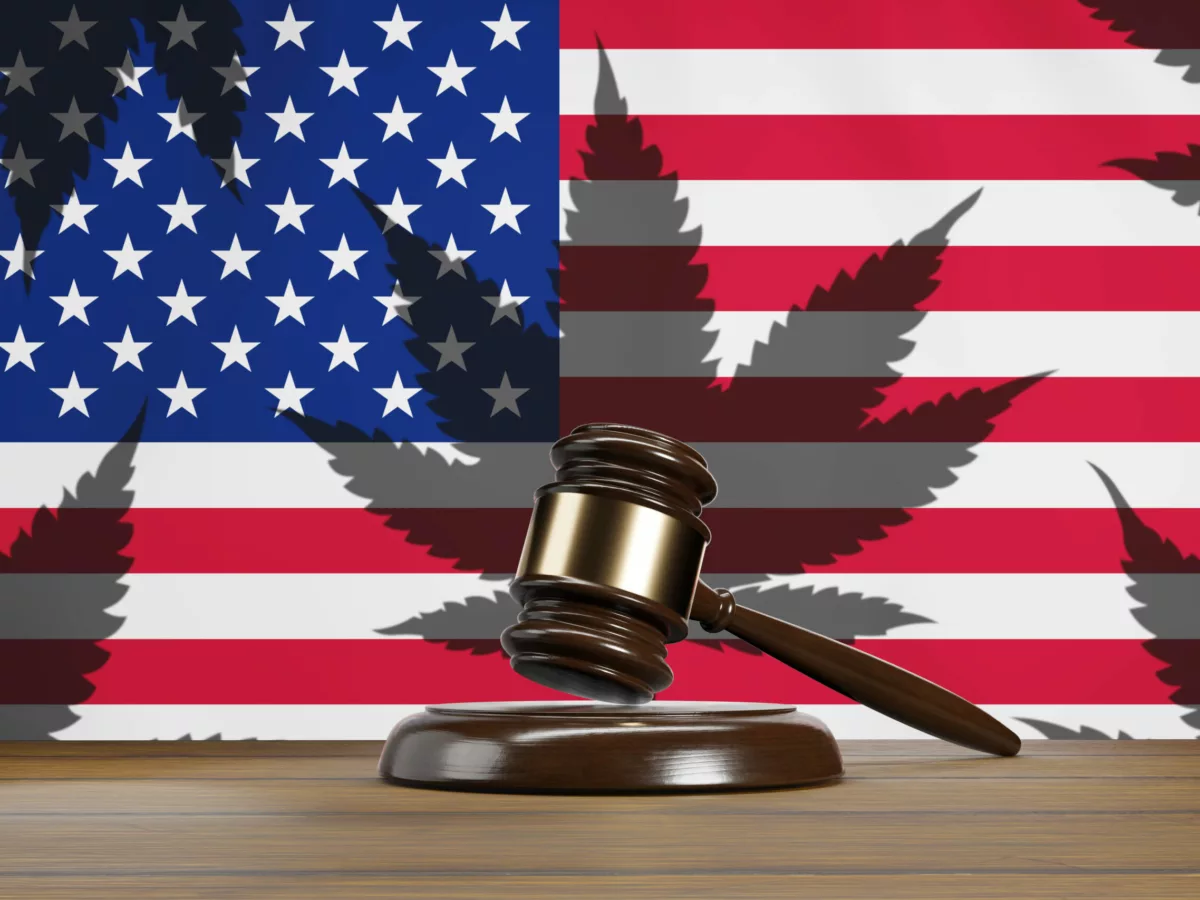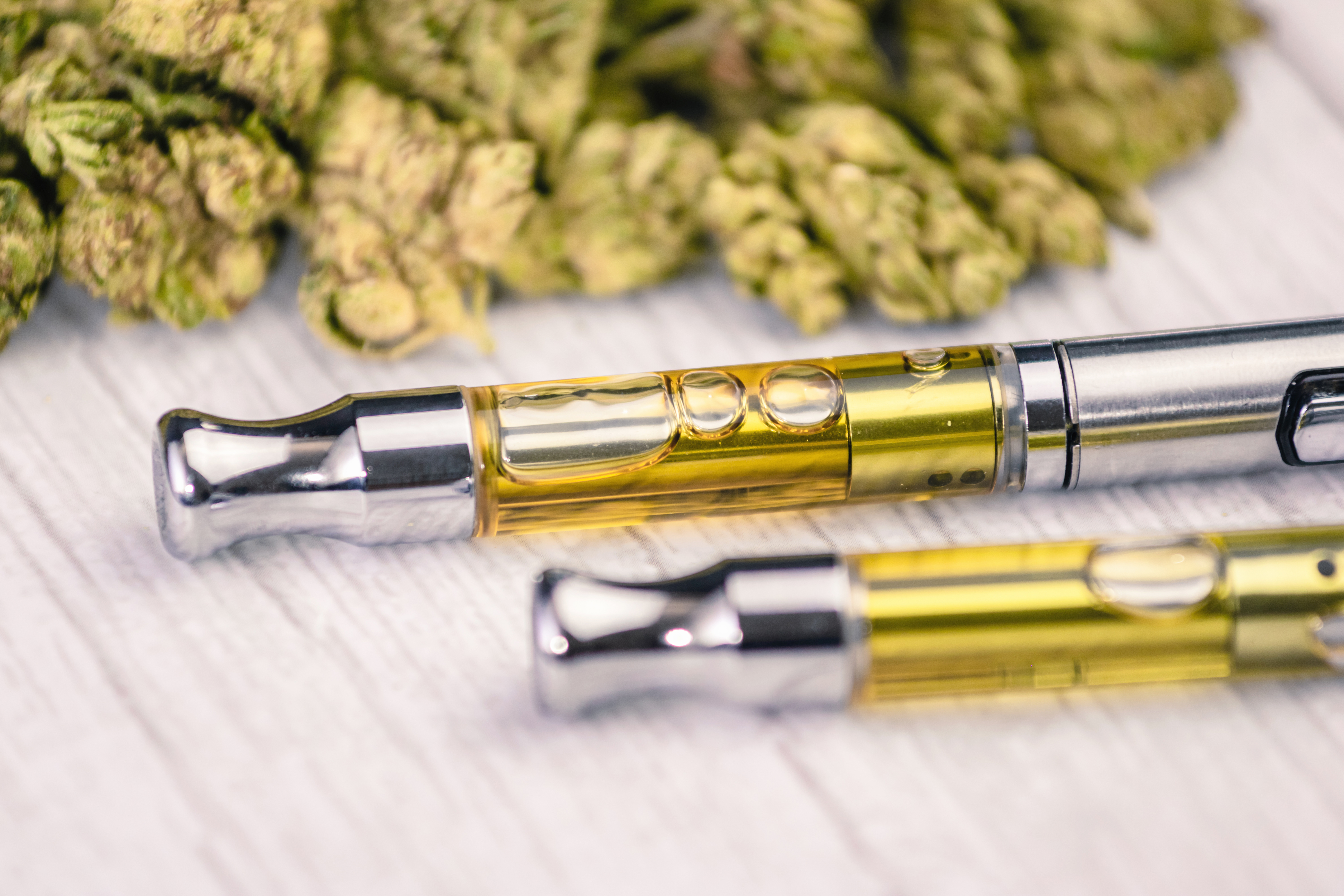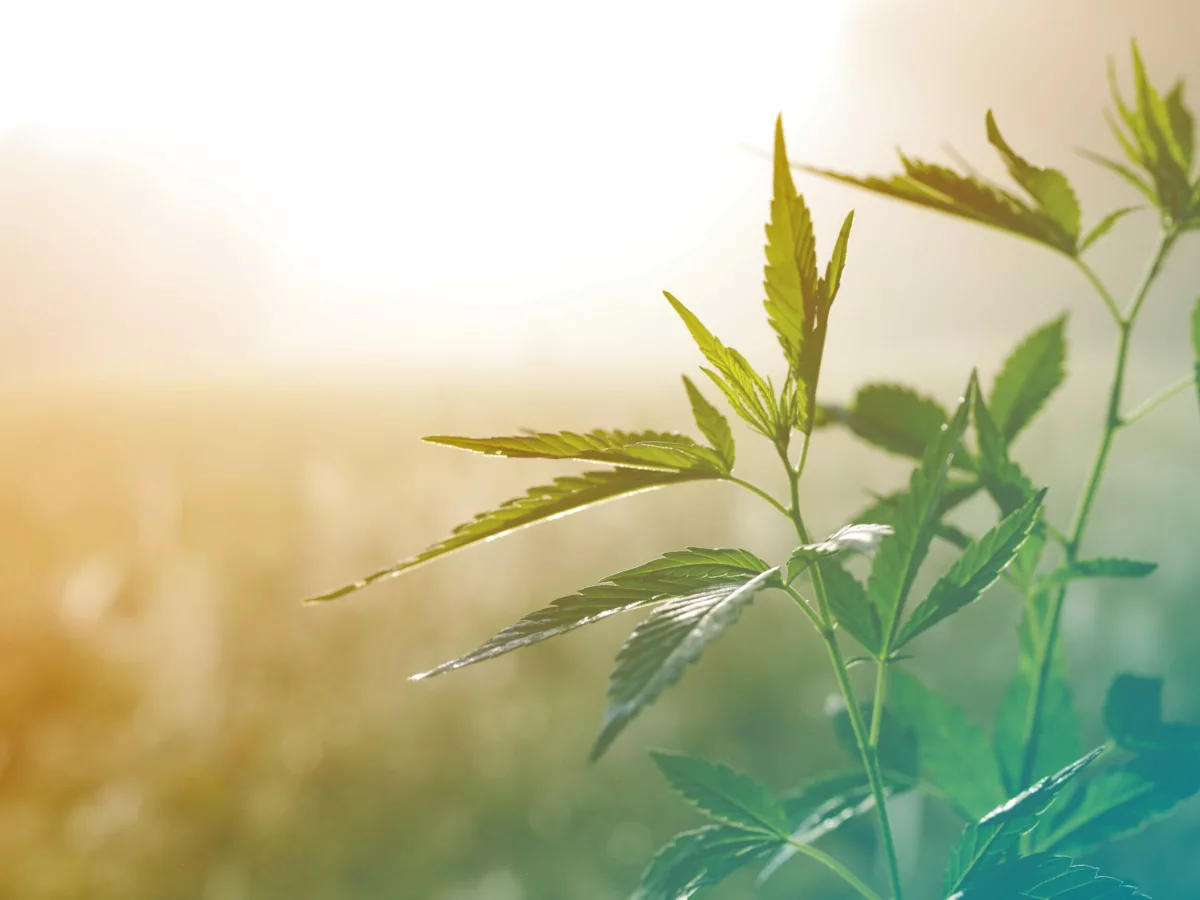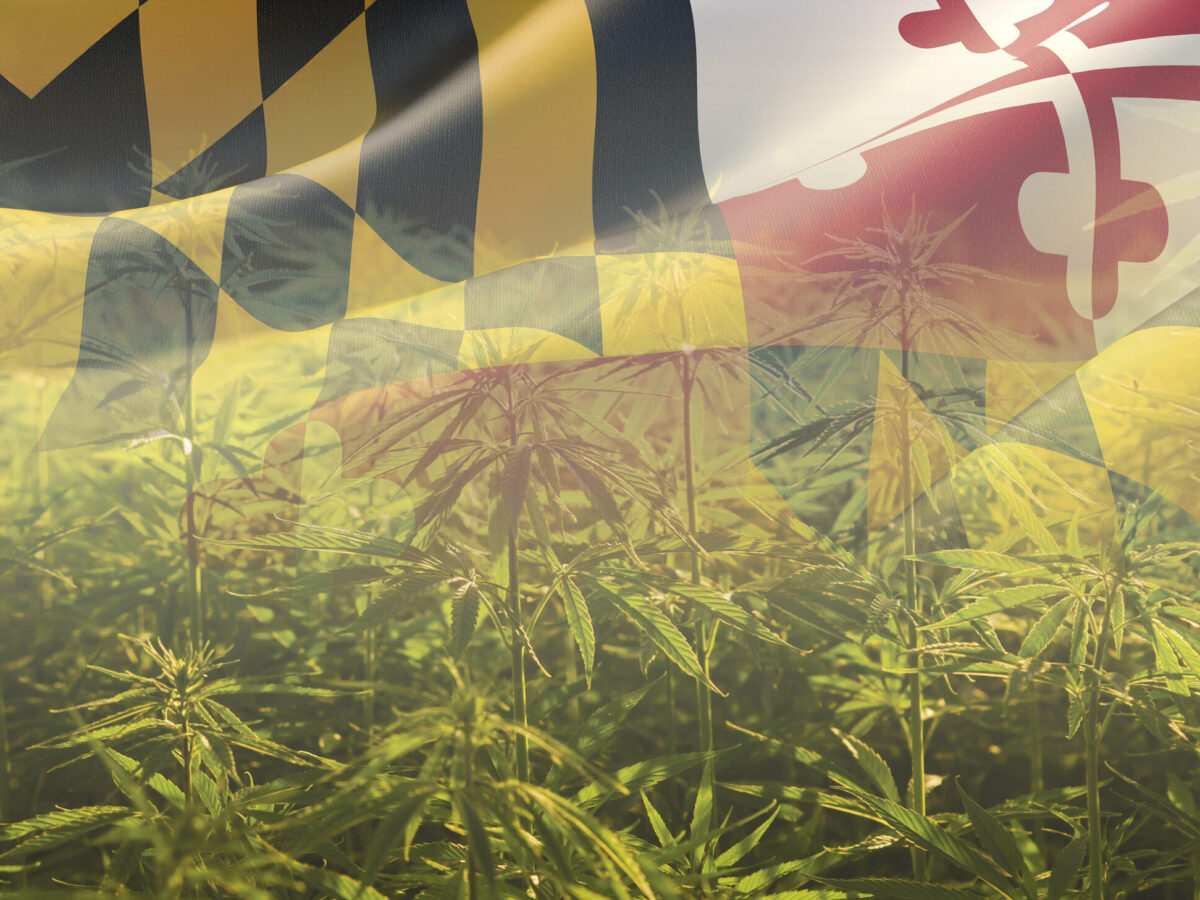At a virtual meeting of the Maryland Medical Cannabis Commission (MMCC) on Thursday, regulators said they’ve significantly reduced turnaround times to register new patients for the state’s medical weed program.
In his report to the commission, Executive Director Will Tilburg said that since early May, the average processing time for new patient applications has been cut from 25 calendar days down to just six, touting the improvement as “very good news.” Tilburg said MMCC hired an external company to answer phone calls to the commission, which allowed staff members to process an “incredible volume” of applications.
“They’ve done a great job in working through the backlog and at the same time training the external call center staff for the myriad types of calls and questions that they’re going to be receiving,” he said.
Furthermore, the average wait time for calls to the commission has also improved, and is now down to five minutes or less, Tilburg said. Last year, The Outlaw Report documented pervasive issues with MMCC’s customer phone line, which would leave patients on long holds that ultimately led to an automated message informing them “nobody is available to answer your call.”
In an attempt to verify Tilburg’s claims of reduced wait times, The Outlaw Report on Friday called the main patient phone line listed on MMCC’s website. It took a little over three minutes to reach an operator.
Tilburg said Maryland’s medical cannabis program has gained around 9,000 new registrations since the start of 2022, continuing its growth streak to reach a total of more than 157,000 patients. That’s a roughly 6% increase in patients since January.
He also noted MMCC is undergoing a “great expansion” to prepare for the potential legalization of recreational cannabis should Maryland voters approve a ballot referendum on the question in the upcoming November election.
In April, the General Assembly passed a bill that established a framework for legalizing the possession of small amounts of weed for recreational use, expunging prior cannabis convictions and cultivating up to two plants for personal use. If approved by voters, it would go into effect starting July 2023. The measure requires MMCC to provide state legislators with studies and recommendations on the public health, safety and equity of adult-use legalization.
“There’s a lot that we need to get done in advance of the 2023 legislative session,” Tilburg concluded.
After Tilburg’s report, MMCC Chair Tiffany Randolph led the commission in approving three ownership transfers between state-licensed medical cannabis firms. Randolph, who replaced former MMCC chair Brian Lopez after he stepped down in December, is currently under fire for taking a job at Shulman Rogers, a Potomac law firm that advises Maryland weed firms on mergers and other legal issues.
On Thursday, she and the commissioners present at the meeting (three of them didn’t show up) gave a unanimous green light to the total acquisition of HMS Processing by Terrascend, an Ontario-based weed firm with a major U.S. presence. Previously, HMS Processing was owned by Curaleaf, a Massachusetts-based giant that is currently the leading weed company in America. The acquisition had been in the makings for several years and was approved without discussion.
The commission also gave its blessing to an ownership change for Maryland Natural Treatment Solutions, which operates Oceanside Dispensary in Pasadena, by replacing minority owner Marla Dorf, who passed away last year, with her husband Steven Dorf. Their son, Sammy Dorf, is the co-founder of multi-state cannabis company Verano Holdings.
Commissioners also unanimously approved the transfer of six percent of shares in Chesapeake Apothecary, a dispensary in Southern Maryland, to an individual named Shane. Two cannabis testing labs, Green Analytics and Pinaccle CT, also got their license renewals approved.
Since opening its doors in 2017, Maryland’s medical cannabis market has experienced a wave of consolidation, with multi-state weed giants progressively acquiring the licenses of smaller operators despite efforts by some state legislators to prevent the takeover.





